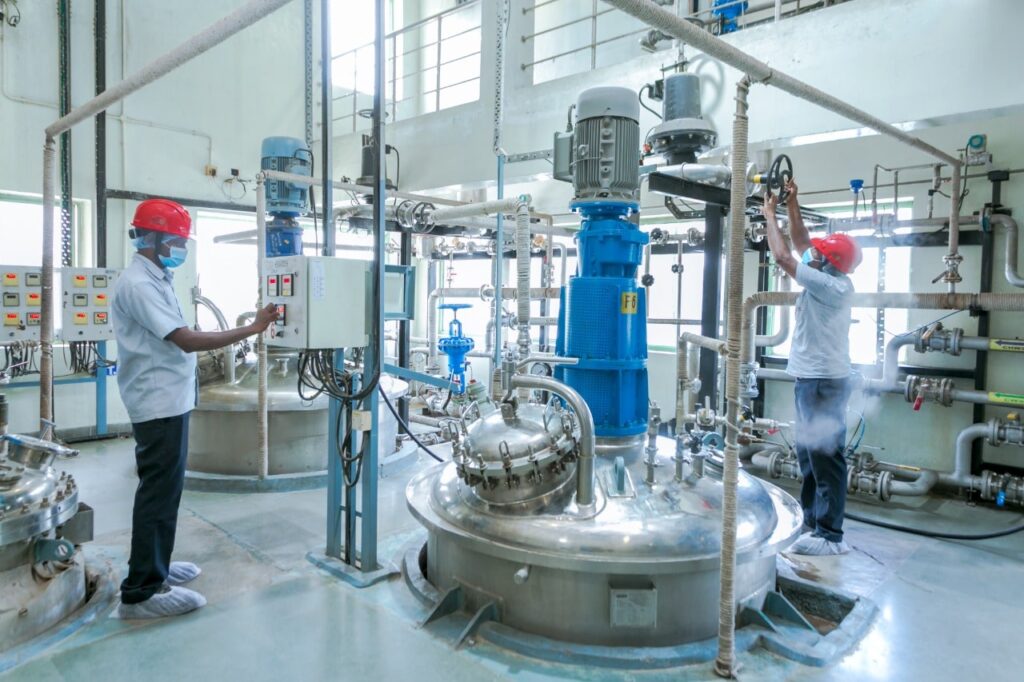Optimizing Your Assets: An Value of Partnering with Contract Manufacturers
Within the current rapidly changing business environment, organizations are constantly looking for ways to improve their output while preserving quality and efficiency. One effective solution that has garnered significant traction is partnering with external production firms. This relationship can act as a catalyst for businesses looking to optimize operations, reduce expenses, and focus on their main strengths. By leveraging the skills and capabilities of a production partner, companies can achieve new levels of efficiency and innovation.
Contract manufacturing enables organizations to tap into specialized skills and cutting-edge technologies without the requirement of heavy upfront investments. If you are a new business wanting to increase production or an established business seeking to improve your distribution network, partnering with a contract manufacturer can offer the flexibility and support you require. As we delve deeper into the value of this strategy, you will discover how it can enhance your output and set your business for sustained growth.
Comprehending Contract Manufacturing
Contract manufacturing is a intentional alliance where companies outsource the production of their products to expert manufacturers. contract manufacturing in malaysia enables businesses to capitalize on the knowledge, tech, and capabilities of established manufacturers without having to invest in their own facilities. By shifting production tasks, businesses can dedicate themselves more on essential functions such as design, advertising, and delivery.
One of the key advantages of contract manufacturing is the capability to expand manufacturing quickly. As market demand fluctuates, companies can alter their output free of the overhead costs associated with maintaining a significant manufacturing site. This versatility not only improves operational efficiency but also allows organizations to respond promptly to market trends and customer needs.
In addition of reduced costs and expansibility, contract manufacturing provides availability to state-of-the-art techniques and specialized expertise that may not be accessible internally. Several contract manufacturers commit in up-to-date equipment and procedures, ensuring that goods are created to strict quality standards. This partnership can result in advancements in product development and better overall performance in the challenging business environment.
Positive Aspects of Partnership
Collaborating with third-party manufacturers can substantially enhance your business efficiency. By leveraging the expertise and capabilities of a dedicated partner, companies can boost their production capacity without the need for significant capital investment. Such an approach allows businesses to concentrate on their core competencies while the contract manufacturer takes care of the challenges associated with making products. The result is a smooth process that reduces time and lowers costs.
Another advantage of working with contract manufacturers is adaptability. Businesses can change production levels based on demand fluctuations without the obligation of maintaining additional resources. This adaptability is especially valuable in today's fast-evolving market, where consumer preferences can shift overnight. Companies can swiftly scale up or reduce, ensuring they satisfy customer needs while limiting waste and unnecessary inventory to a low level.
Additionally, collaborating with a contract manufacturer can open up access to cutting-edge technology and innovative processes that may otherwise be unavailable to an in-house team. These manufacturers often commit in the most recent machinery and processes to keep up with industry standards, which means companies enjoy improved quality and effectiveness. By partnering with a contract manufacturer, businesses can leverage these advanced capabilities, improving their products and boosting their market position.
Selecting the Best Contract Producer
Finding the best contract producer is crucial to boosting your efficiency and ensuring that your products fulfill standards standards. Start by determining your specific needs, including manufacturing quantity, material requirements, and compliance standards. Research potential manufacturers and analyze their capabilities, experience, and track record in your sector. Identify those who specialize in the type of products you wish to produce, as this expertise can contribute in the overall success of your project.
Once you have a list of potential partners, engage in detailed discussions regarding their procedures, lead times, and quality assurance measures. It is essential to consider how they lodge and cooperate, as a strong alliance relies on openness and mutual respect. Request references or case illustrations from their current or past customers to assess their trustworthiness and performance. This step will provide valuable insights into their operational efficiency and customer service.
Finally, reflect on the flexibility of the manufacturer. As your business grows, your production needs may shift, and partnering with a manufacturer who can adapt to these changes will be advantageous. Evaluate their ability to cope with spikes in orders while preserving quality and consistency. By choosing a contract manufacturer that aligns with your aspirations and principles, you can forge a successful collaboration that enhances your overall efficiency and competitiveness in the market.
